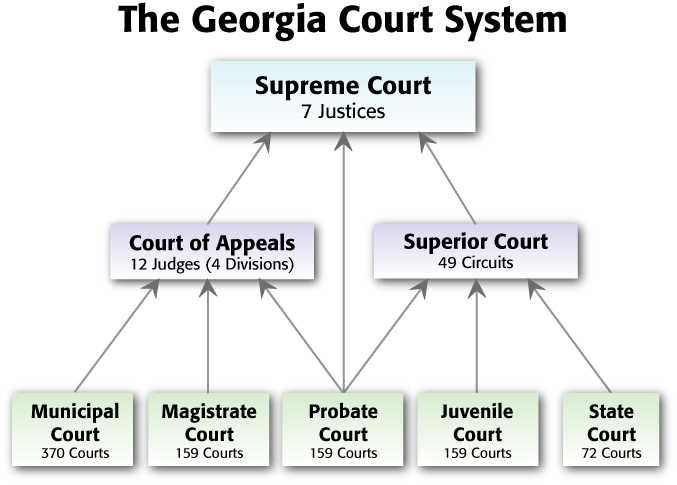The Georgia Constitution protects its citizens against multiple punishment for the same offense. This is known as double jeopardy, yet it does not forbid additional punishment for separate offenses which have been deemed to warrant separate sanctions.
There is protection against multiple or successive prosecutions for crimes arising from the same conduct. This mandates that different crimes arising from the same conduct and known to the prosecution at the time must be tried in a single prosecution. If several crimes arising from the same conduct are known to the proper prosecuting officer at the time of commencing the prosecution and are within the jurisdiction of a single court, they must be prosecuted in a single prosecution.
A person is not placed in jeopardy by having a preliminary, commitment or probable cause hearing even if the charges against him were dismissed at that time.
When multiple crimes occur within more than one county and one crime which is included within one of the multiple crimes as committed was done in only one of the counties, the defendant cannot be tried in more than one county for the same included offense.
In Georgia, jeopardy generally attaches when the jury is impaneled and sworn, or in a non-jury case, after the first witness has been sworn and the court begins to hear testimony. Entering a nolo contendere plea constitutes jeopardy even if entered before a jury was impaneled and sworn.
If the defendant was indicted for two charges arising out of the same transaction and the defendant pled guilty to one of the charges, the state can still attempt to try the defendant for the other charge and double jeopardy is not a valid defense.
Continue Reading ›
 Georgia’s New Hate Crime Legislation
Georgia’s New Hate Crime Legislation Atlanta Criminal Lawyer Blog
Atlanta Criminal Lawyer Blog








